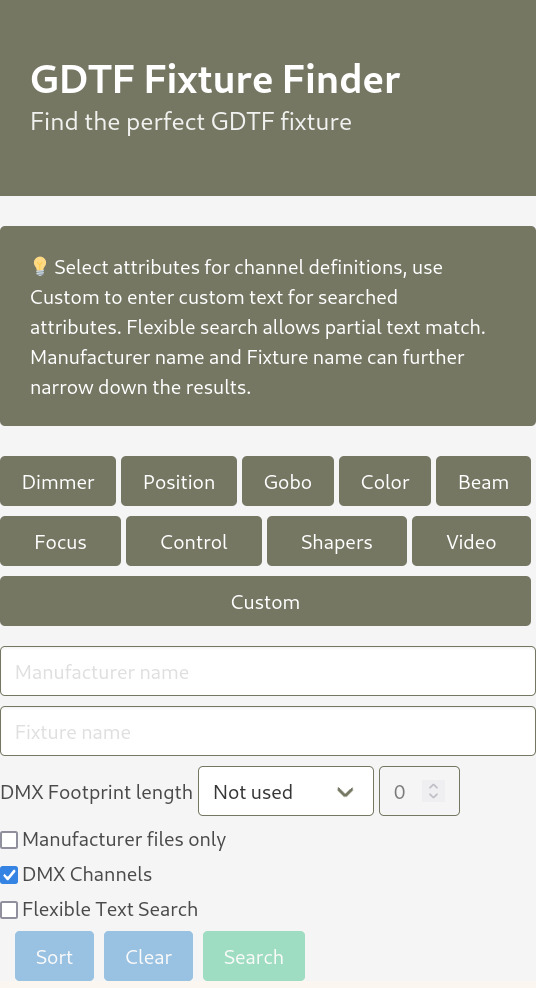Latest news

MTC2025: Improving work efficiency on site and areas for future improvement.
This session brings together leading voices from the industry to discuss the current landscape and the challenges shaping today’s stage production environment. Moderated by Sadaji Okayama of Tokyo Stage Lighting Co., Ltd., alongside Assistant Moderator Nobuhiro Yonetani, the discussion offers practical insights from both technical and operational perspectives. Masahiro Yokoyama of Vectorworks Japan Co., Ltd., and Masakazu Mitsuhashi of Kyoritsu Co., Ltd. speak about effectiveness in professional workflows, share perspectives on improving on-site efficiency, and identify key areas for future development. Watch the full discussion to gain valuable insights into current industry practices and practical approaches to enhancing workflow and productivity.
Posted February 13, 2026 ‐ 1 min read ‐ Categories: GDTF, MVR, MA Lighting, Vectorworks

MVR Example Files
For testing, implementation, programming, and exploration, it helps to have MVR content. Here are some example MVR scene files.
Posted February 9, 2026 ‐ 1 min read ‐ Categories: MVR

GDTF Share Report for January 2026
GDTF Share report for the month of January 2026
Posted February 1, 2026 ‐ 1 min read ‐ Categories: GDTF, GDTF Share



